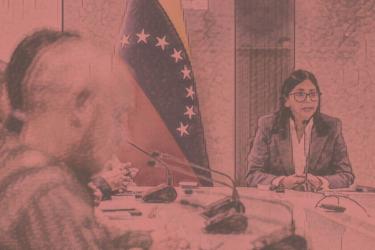Venezuela

Venezuela: Forty days of accelerated counter-revolution
The pace at which the counter-revolution in Venezuelan politics has unfolded since January 3 is incredible. Luís Bonilla-Molina summarise what has happened so far.
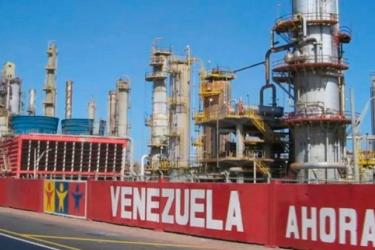
Capital accumulation and the rise of a new Venezuelan capitalist class (2002-2026)
Luís Bonilla-Molina — The new unified capitalist class has gone further than even the capitalist class of the Fourth Republic in shedding any nationalist character and accepting the colonial protectorate status that the US seeks to impose.
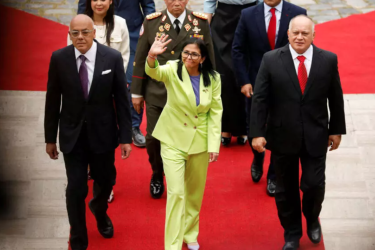
US imperialism, Madurismo without Maduro and Venezuelan sovereignty after January 3
Malfred Gerig looks at why the January 3 US military assault occurred, what the new Delcy Rodríguez government represents and what it all means for Venezuelan sovereignty.
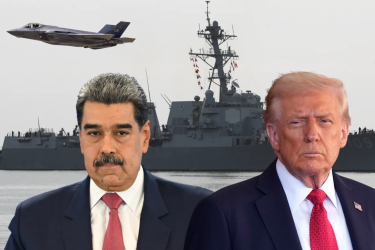
Why is the US attacking Venezuela?
Chris Slee — Several reasons explain US hostility to the Maduro government.
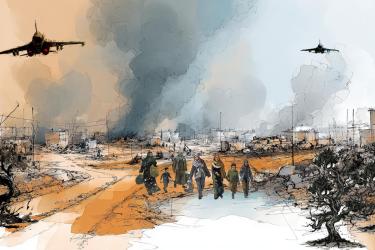
Resisting the monstrous trifecta of war, genocide and ecocide
Markela Panegyres — The only force capable of making meaningful cracks in the imperialist and capitalist armour is a mass movement of international ecosocialism.
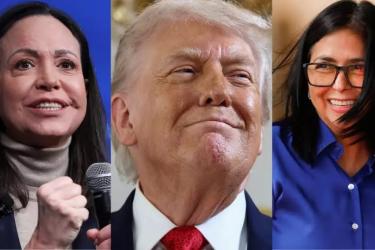
Venezuela: Epitaph for a revolution?
Luís Bonilla-Molina — The question everyone has asked is: could the January 3 imperialist attack on Venezuela spark a revolutionary response? Subsequent events have shattered that illusion.
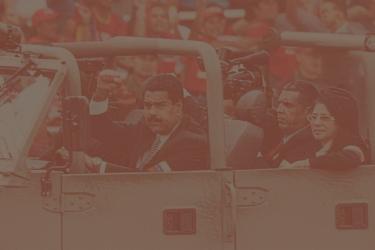
The end of pretenses: Trump’s assault on Venezuela
Anderson Bean — Trump’s attack on Venezuela should be understood as a stab at “hegemonic crisis management.”
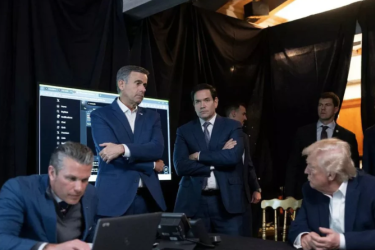
Venezuela’s oil in the grip of US empire
Adam Hanieh on the US kidnapping of Maduro and its consequences for the geopolitical landscape.
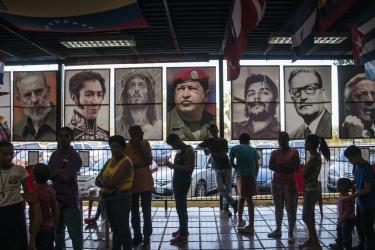
The global meaning of the US attack on Venezuela
William I Robinson — Beyond the seizure of Venezuela’s oil and mineral resources, the January 3 invasion is inscribed within the epochal crisis of global capitalism.
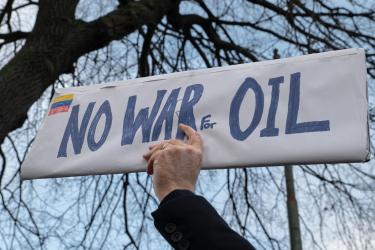
Venezuela: It’s much more than oil
Don Fitz — Greenland is closer to Venezuela than they appear on a map.

